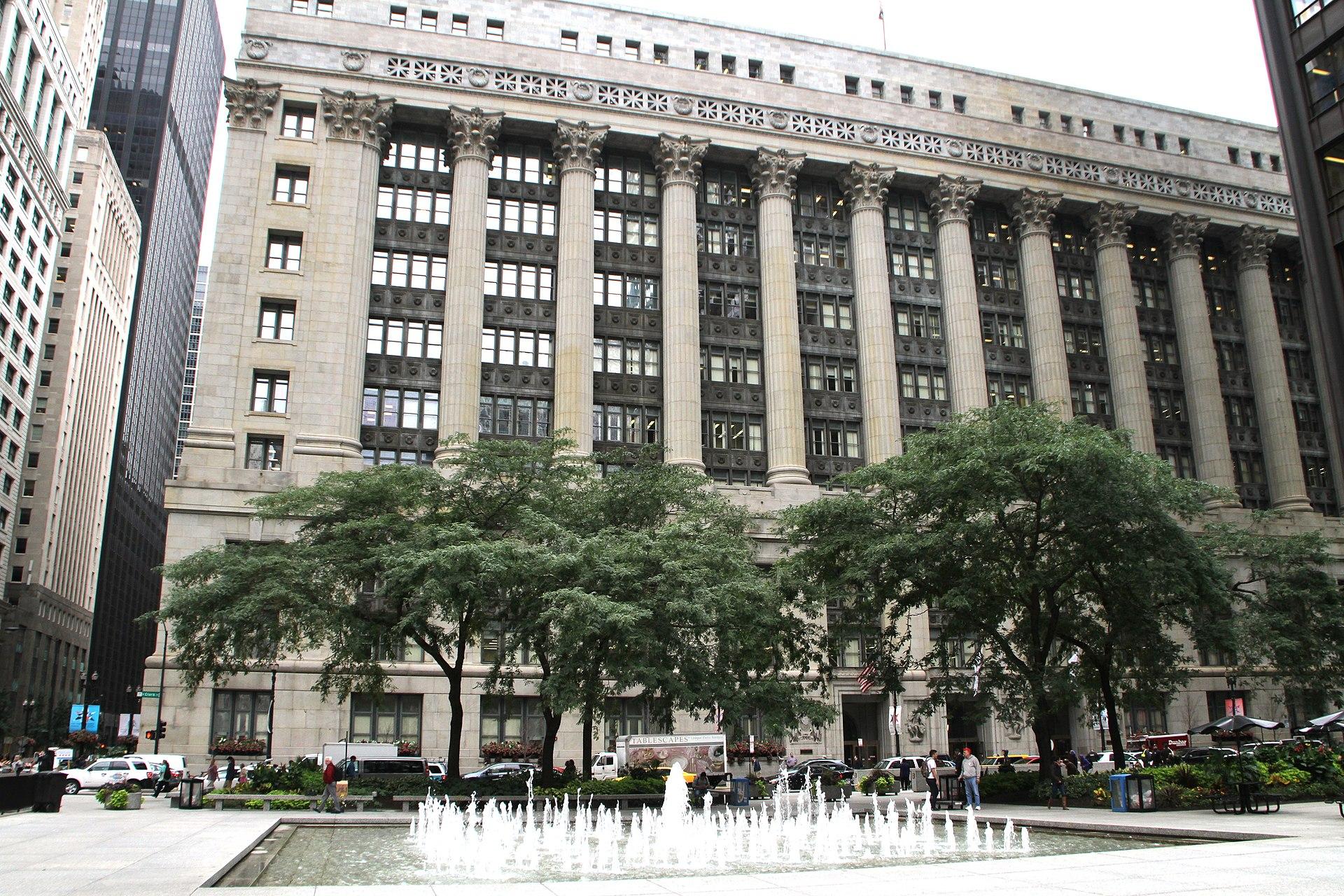The Absurdity of Using ChatGPT to Fabricate Justice
Here is a cautionary tale about the misuse of Artificial Intelligence and how it may oppress basic freedoms and the rule of law.

A real-life headline from the Chicago Tribune reads like satire. And a recent courtroom fiasco involving the Chicago Housing Authority (CHA) is exhibit A. The story? Lawyers representing the CHA tried to undo a $24 million jury verdict by citing a case that doesn’t even exist. Not a controversial case. Not an obscure case. A completely fabricated one—courtesy of ChatGPT. (Lawyers for Chicago Housing Authority used ChatGPT to cite nonexistent court case.)
Can anyone say “absurd?”
Attempting to challenge the ruling that CHA was allegedly responsible for two children suffering from lead poisoning in one of their properties, the law firm representing the CHA submitted a motion citing an Illinois Supreme Court case called Mack v. Anderson. The problem is, Mack v. Anderson is as real as Bart Simpson presiding over the Supreme Court. It was made up by artificial intelligence.
It was an AI “brainchild” and thoughtlessly accepted by at least four people, including a seasoned trial attorney and CHA’s own in-house legal counsel. As the Chicago Tribune reported, none of them verified whether the case was real.
One of the CHA attorneys admitted in court that she did not think ChatGPT could create fictitious legal citations. Another way to look at it, a partner at a law firm believed that everything generated by AI must be true. Seems like someone might get a “D” for due diligence.
This is not just a cautionary tale about AI. It’s a cautionary tale about common sense. Lawyers are trained to understand the weight of words, even a common or period in the wrong place can turn a case one way or another.
Worse still, this involves a matter related to serious harm to children. Young lives were permanently altered by lead poisoning.
Sadly, the CHA has a history with this issue. As far back in the 1990s, they were warned about lead paint. An investigation found that many children had been poisoned in CHA-approved housing. The jury’s multi-million-dollar verdict didn’t come from thin air; it came from weeks of trial and years of pain endured by the families.
However, the firm did the right thing it apologized. They fired the lawyer in question, launched internal training, and promised to never let it happen again. Sadly, public trust in our legal system is compromised with this type of misconduct.
I work with the media, and I appreciate how innovative technology can help me do my job. I even used AL to edit and proofread what I want to write about, including this article. Yet, there should be a distinction between innovation and failing basic due diligence.
Justice can’t be done with AI. It’s something we all earn with facts, integrity, and respect for the truth.